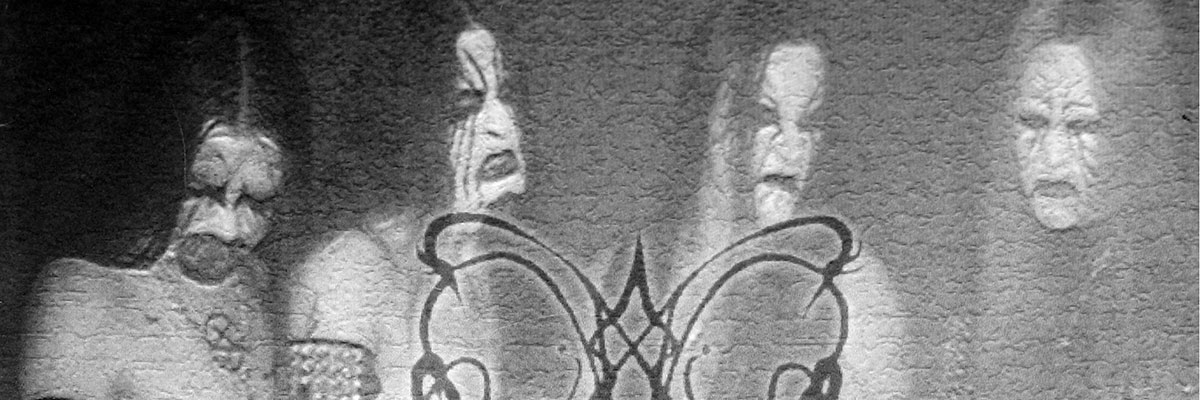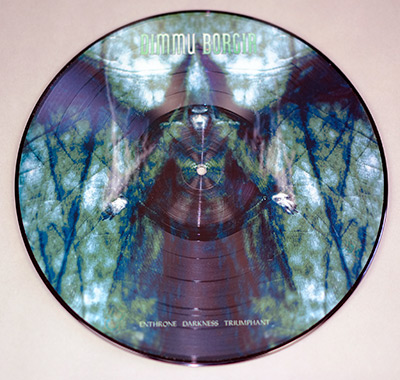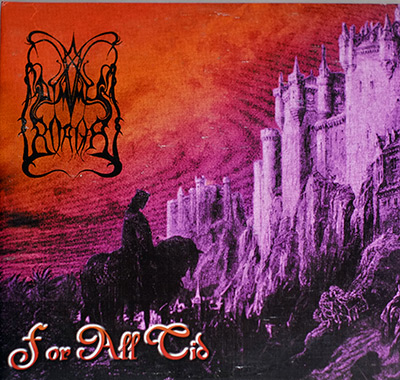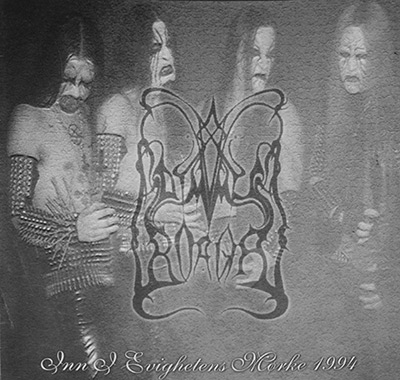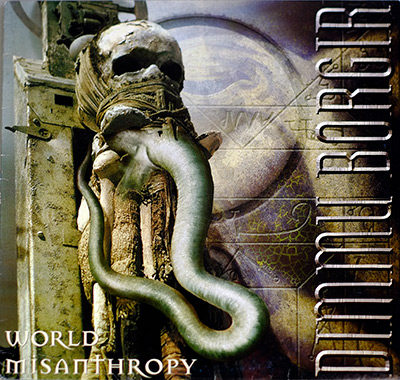Band Description:
Dimmu Borgir is a Norwegian symphonic black metal band that has been active since 1993. The band's name is derived from the Icelandic volcanic formation Dimmuborgir, which translates to "dark cities" or "dark castles." Over the years, the band has gained a cult following and has become one of the most influential and respected bands in the black metal genre.
Dimmu Borgir's music is characterized by a unique blend of black metal and classical music. The band's sound is heavy and aggressive, with blast beats, tremolo picking, and harsh vocals, but it is also grand and epic, with orchestral arrangements, choirs, and keyboard melodies. The band's lyrics are often dark and occult-themed, dealing with topics such as Satanism, anti-Christianity, and Nordic mythology.
The band was formed in 1993 by Shagrath (vocals), Silenoz (guitar), and Tjodalv (drums). Their early releases, including the albums "For All Tid" (1994) and "Stormblåst" (1996), were raw and primitive, with a strong influence from the second wave of black metal. However, the band's sound began to evolve with the addition of keyboardist Mustis and bassist Nagash, who brought a more melodic and symphonic approach to the band's music.
In 1997, Dimmu Borgir released their breakthrough album "Enthrone Darkness Triumphant," which marked a significant shift in the band's sound. The album featured a more polished production, a greater emphasis on symphonic elements, and a wider range of vocal styles. The album's success helped to establish Dimmu Borgir as one of the leading bands in the black metal scene, and it paved the way for the band's later releases.
In the years that followed, Dimmu Borgir continued to push the boundaries of black metal, experimenting with new sounds and styles. The albums "Spiritual Black Dimensions" (1999), "Puritanical Euphoric Misanthropia" (2001), and "Death Cult Armageddon" (2003) all received critical acclaim and expanded the band's fan base. The band's live performances were also renowned for their theatricality, with elaborate costumes, pyrotechnics, and stage props.
Despite their success, Dimmu Borgir has faced criticism from some black metal purists who accuse them of "selling out" and diluting the genre's raw and aggressive spirit. However, the band's supporters argue that their music is a natural evolution of black metal, and that they have successfully integrated symphonic and classical elements into the genre without compromising its essence.
In recent years, Dimmu Borgir has been less active, with the band members pursuing other projects and taking a break from touring. However, they remain an important and influential band in the black metal genre, and their legacy continues to inspire new generations of musicians and fans.
